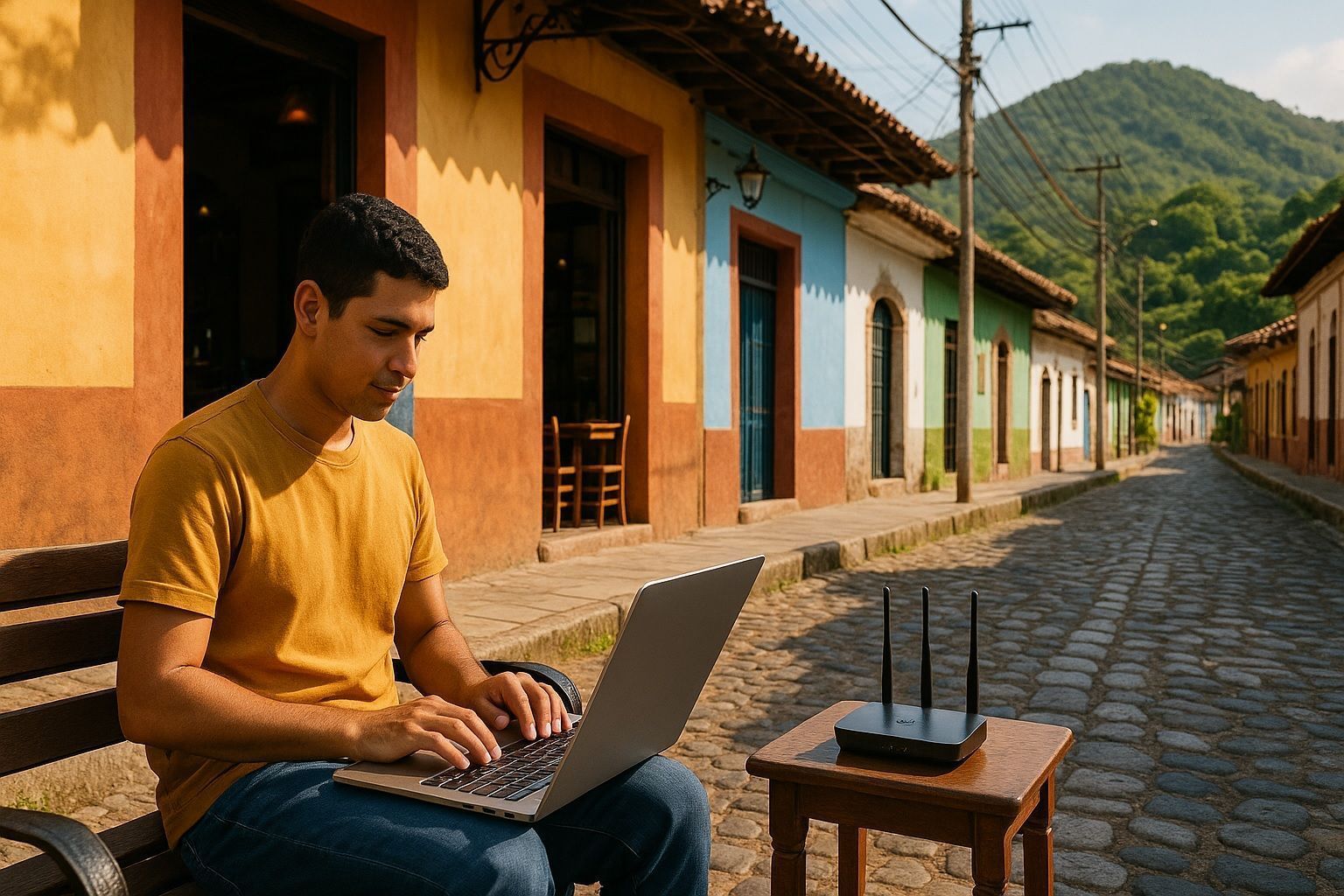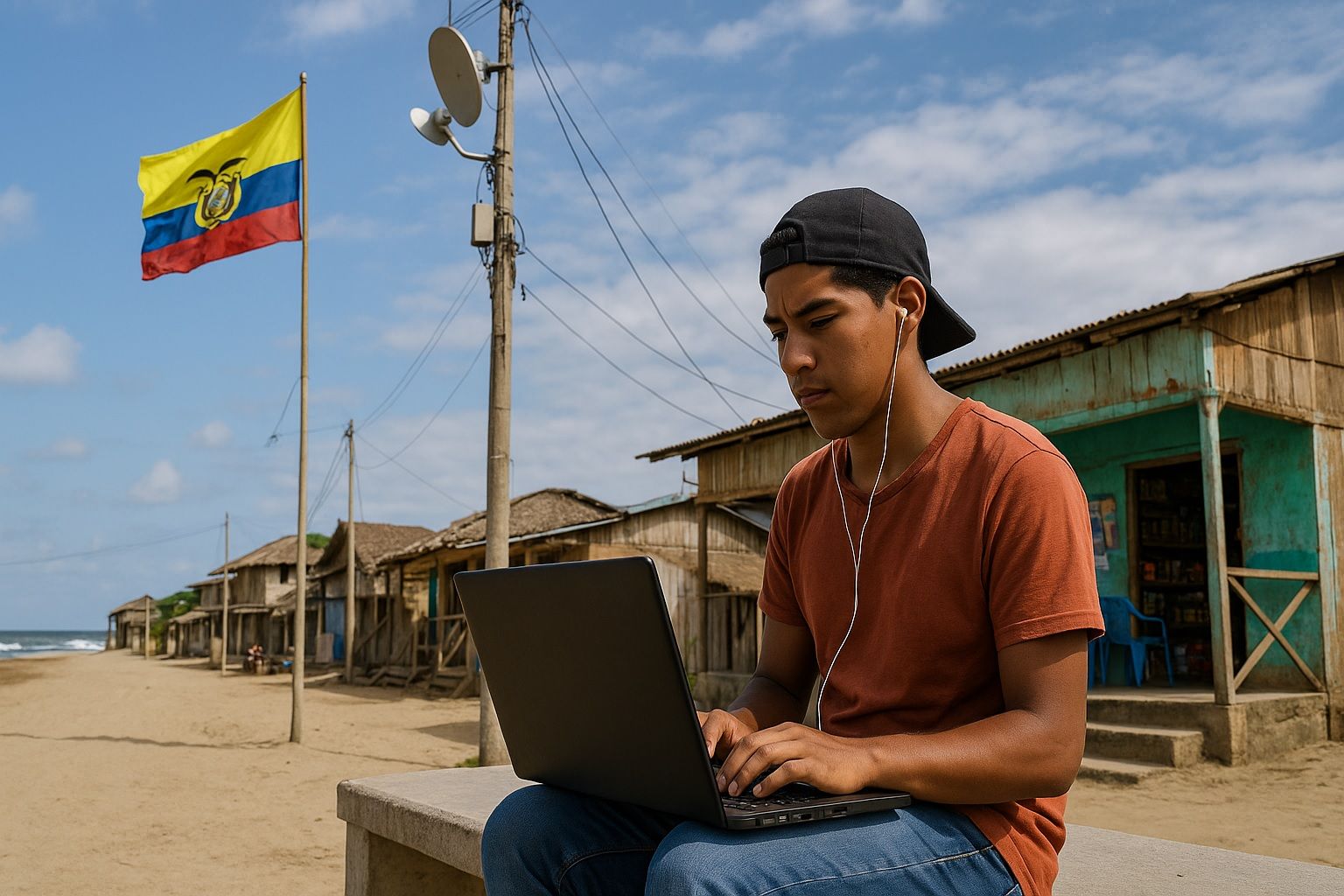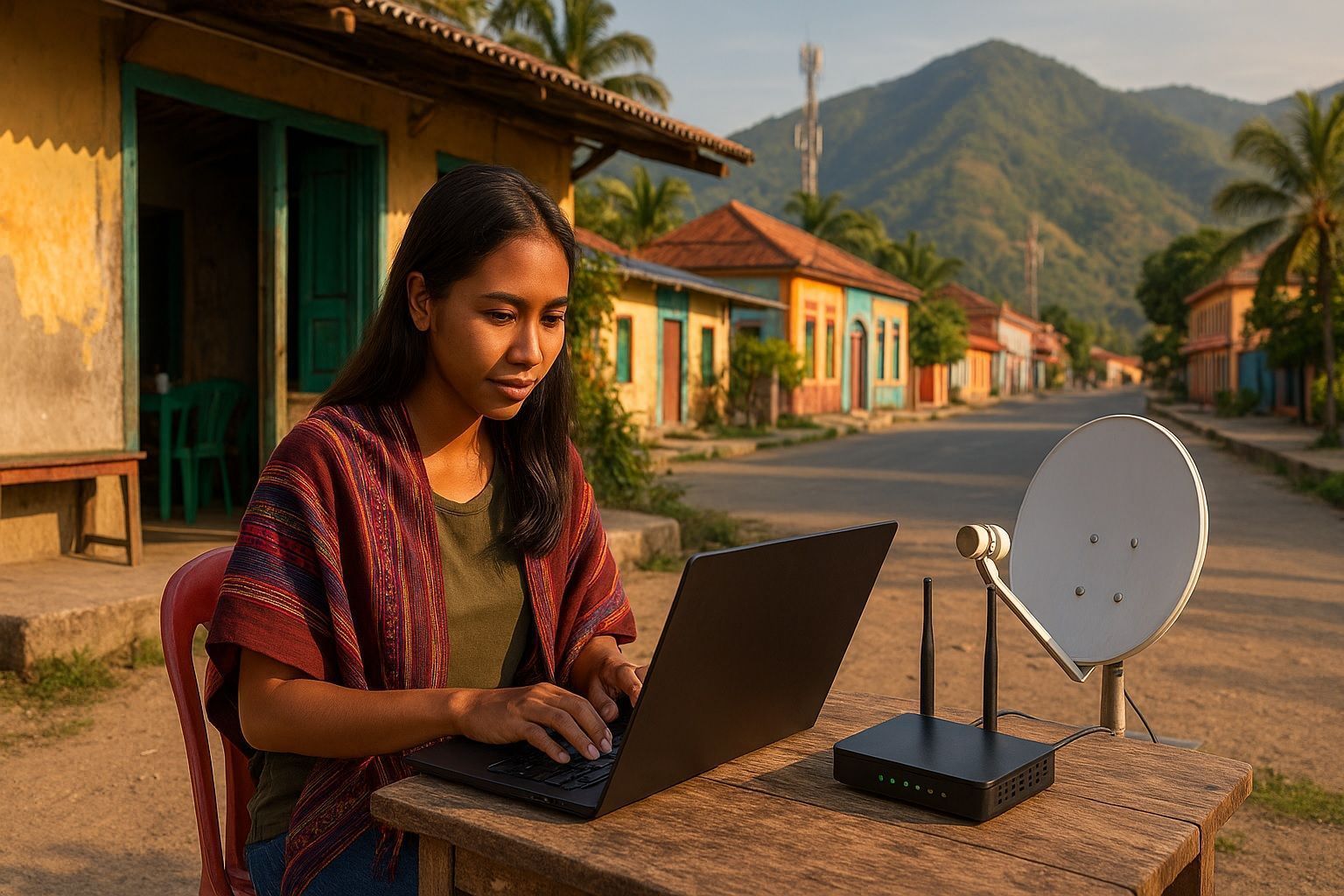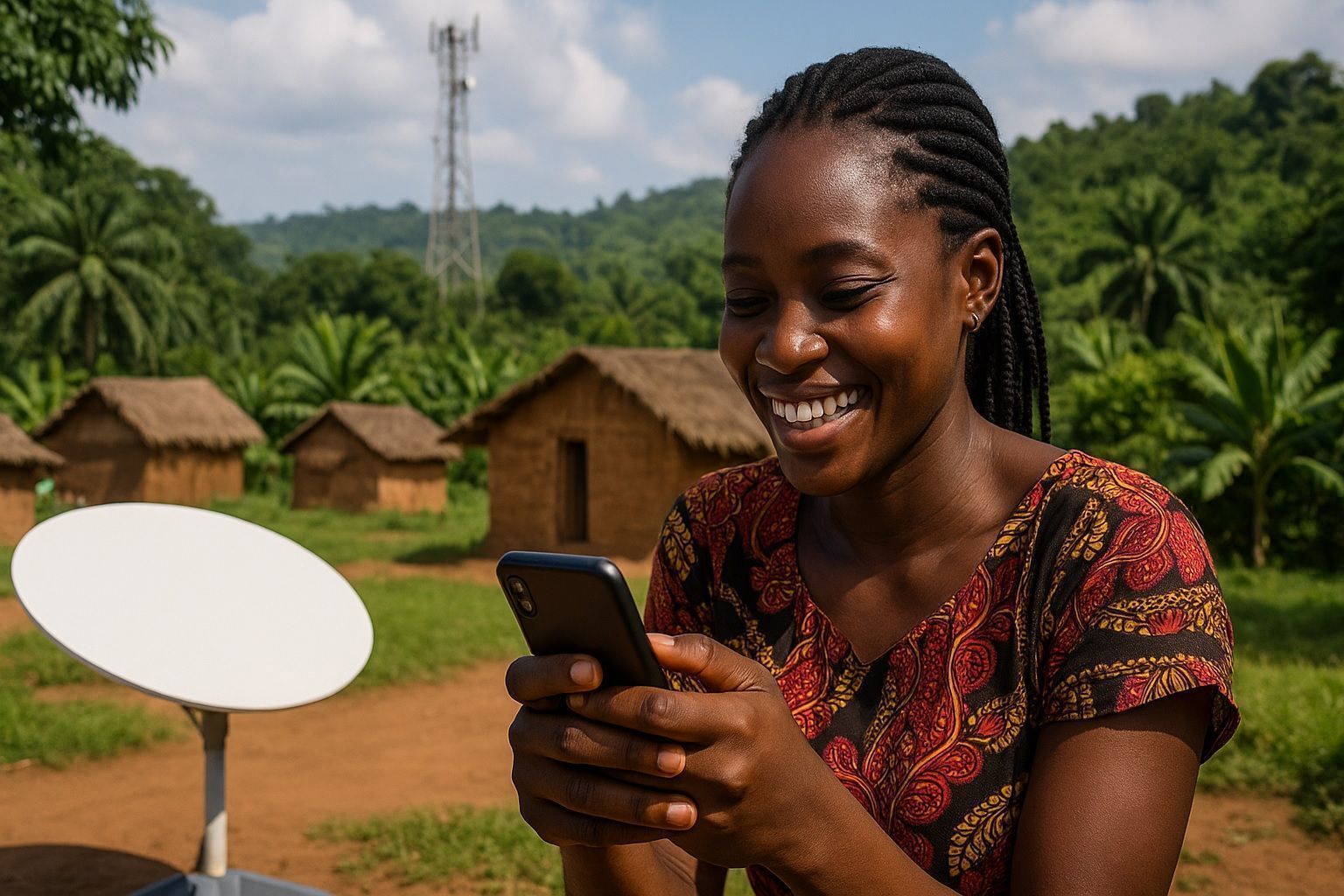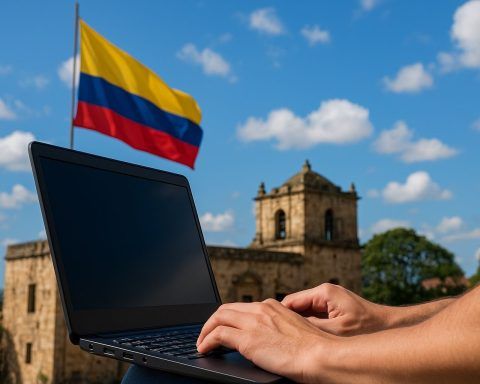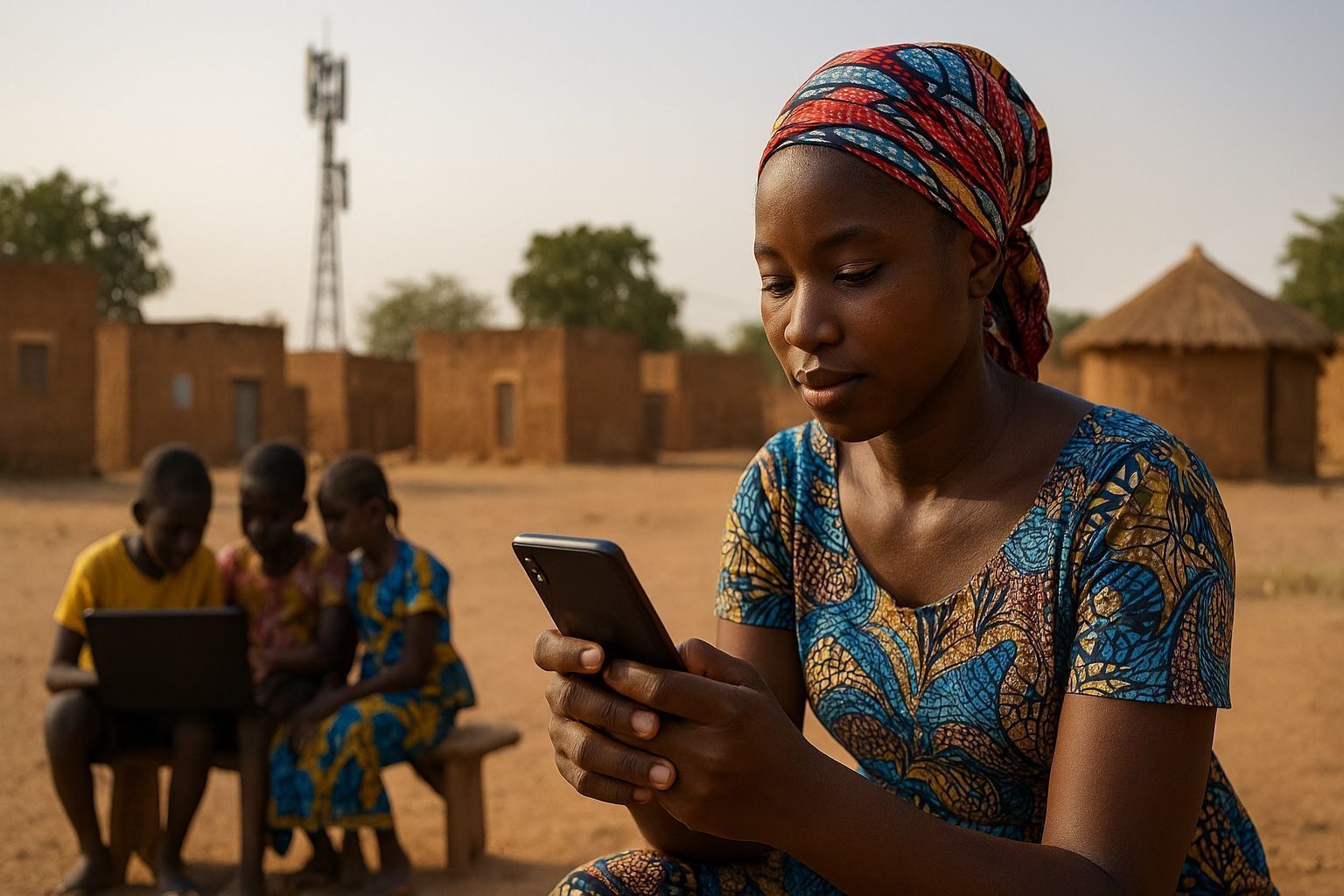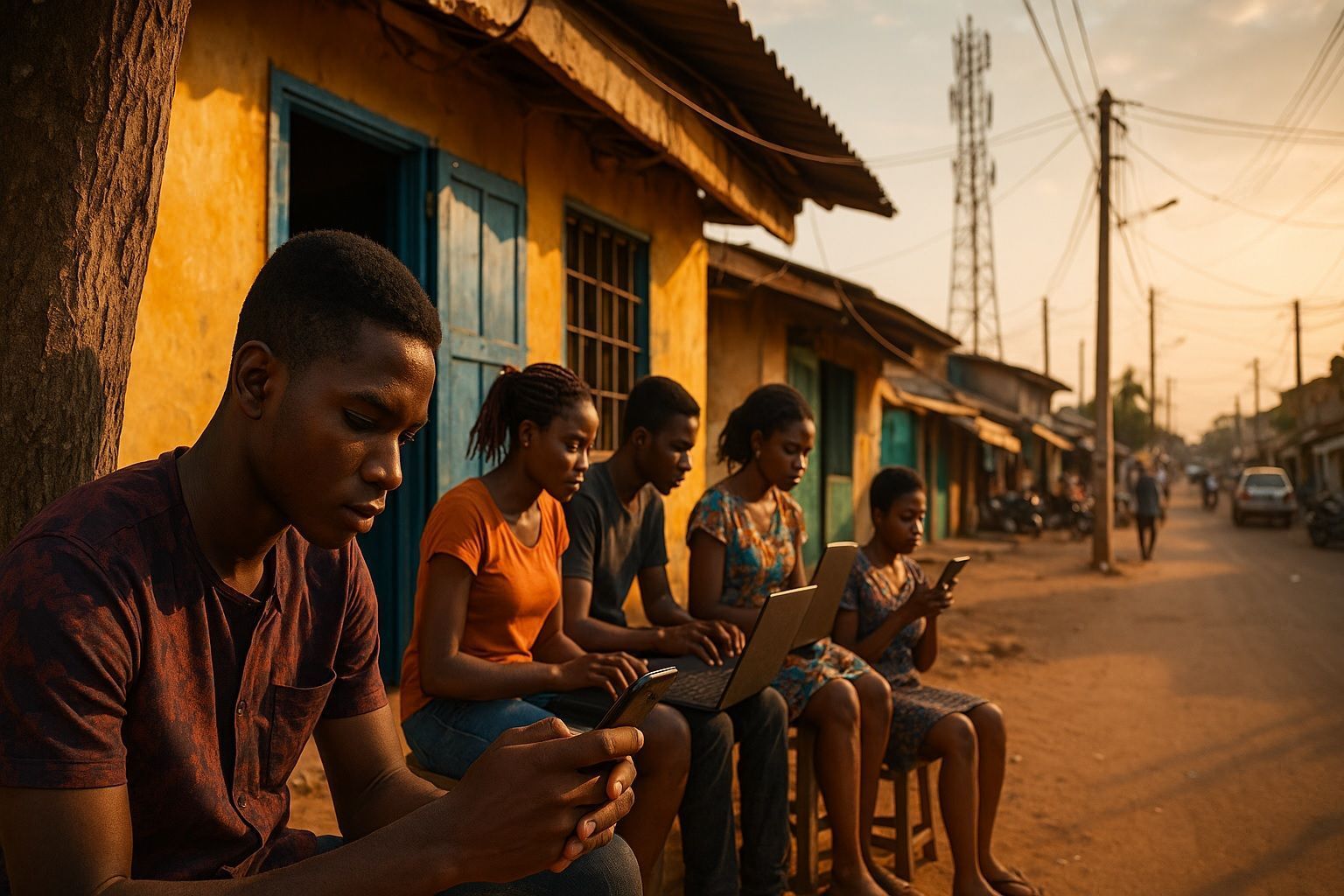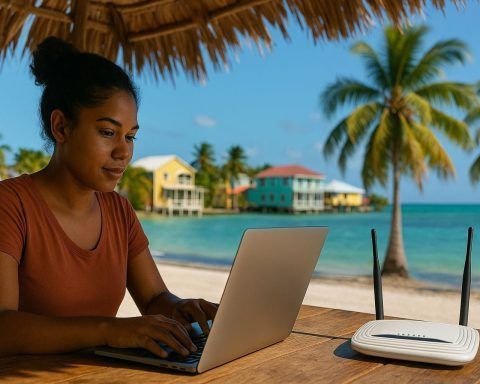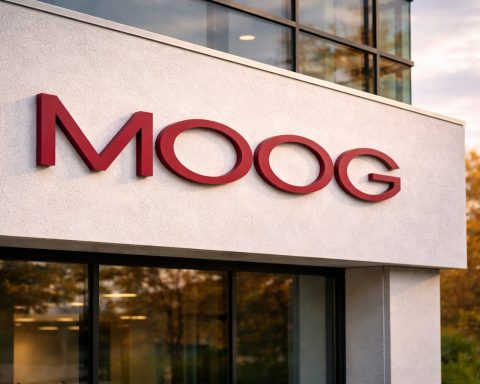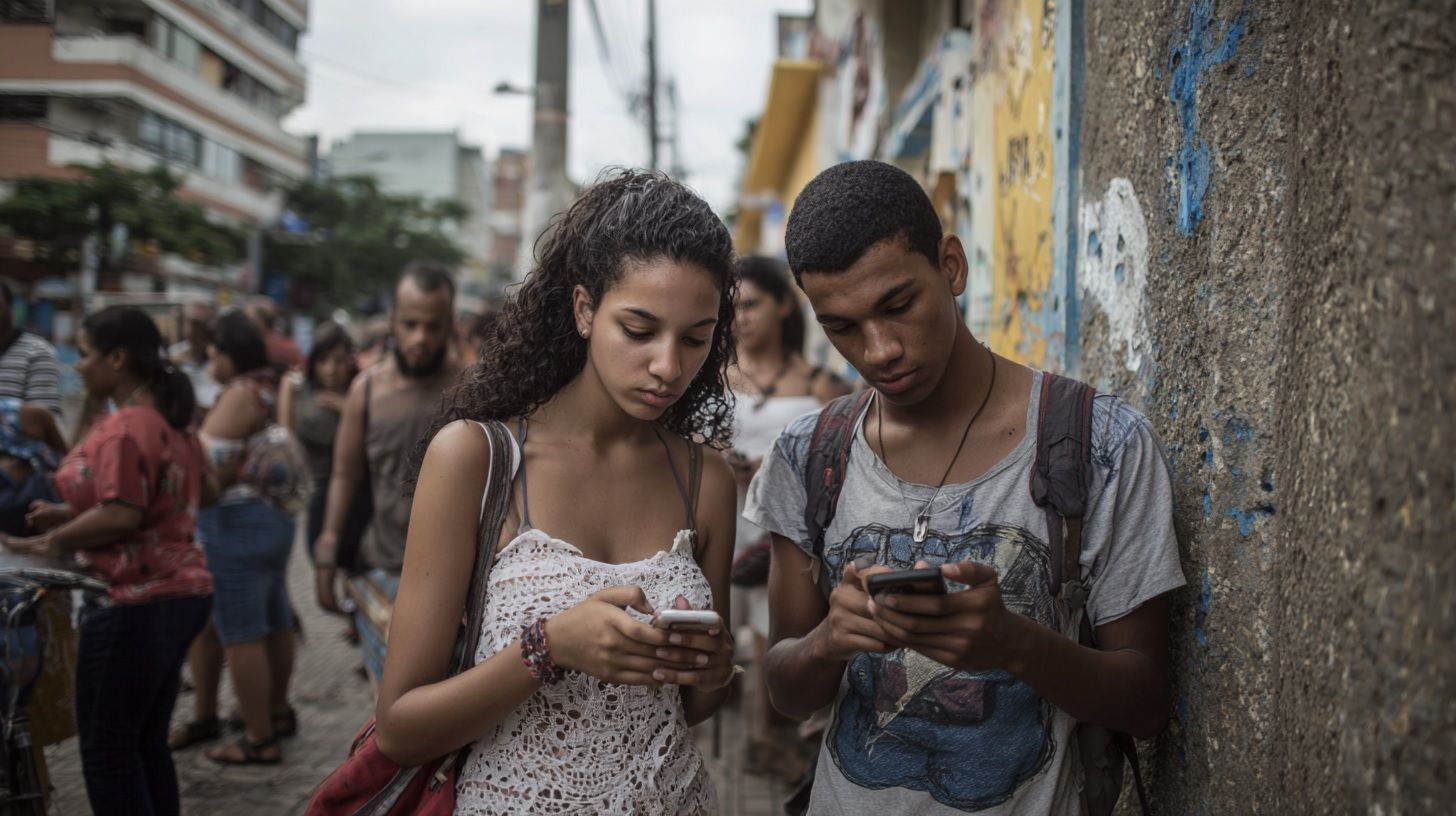
Broadband Blackouts & Starlink Smugglers: Inside Venezuela’s Fight for Internet Access
CANTV, the state-owned fixed broadband incumbent, dominated traditional internet with about 56% market share as of late 2022, while its aging ADSL copper network remained slow and repair backlogs persisted. From August 2020 to August 2023, Venezuela jumped 50 places in Speedtest’s global broadband index, rising from an average 6.15 Mbps to 29.5 Mbps. By mid-2024, Speedtest reported a median…

